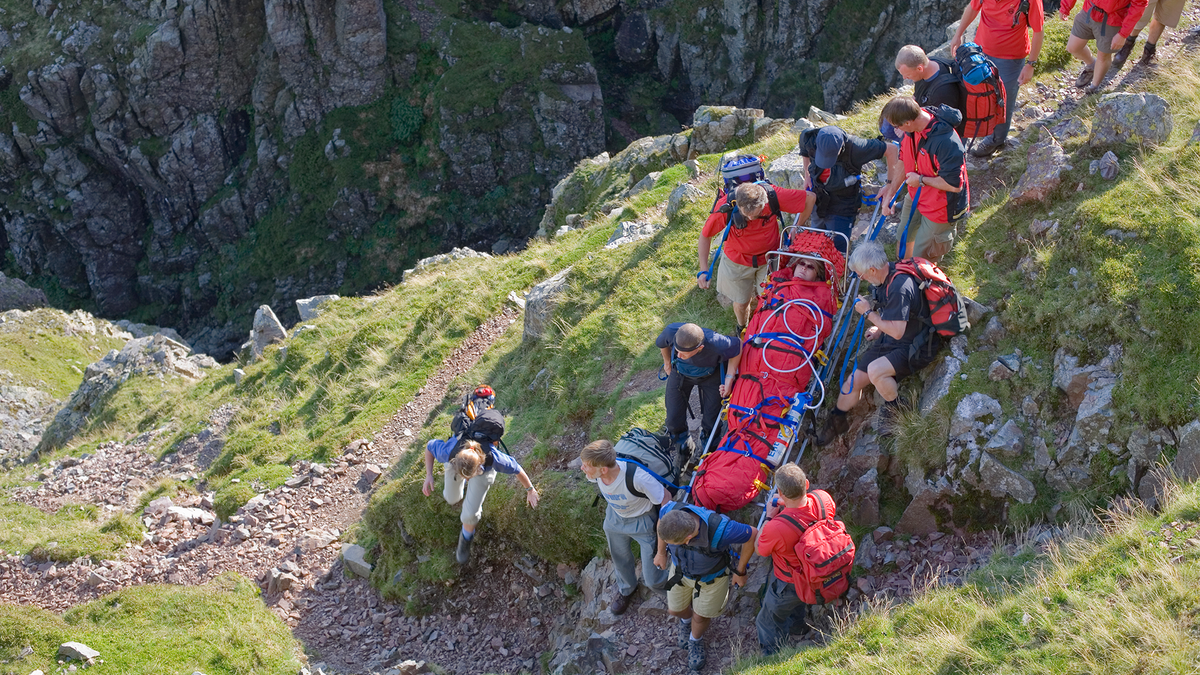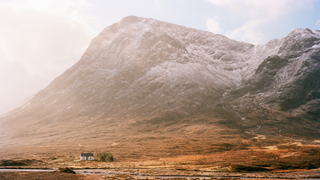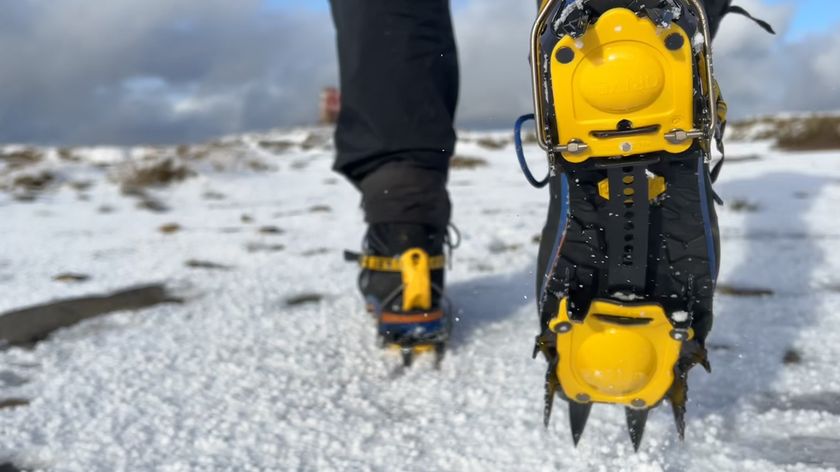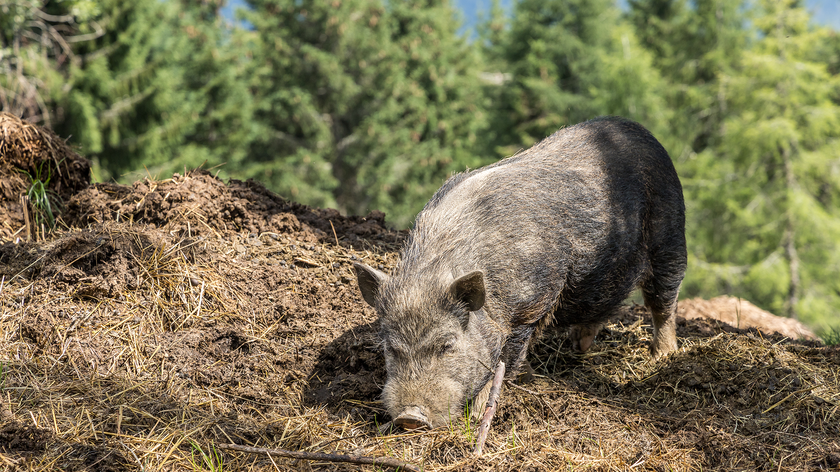"We’re hoping NOT to break any more records" – mountain rescue services overwhelmed by spike in callouts
Mountain rescue services from across the globe are responding to record calls for help

If you're planning on any mountain adventures in the coming months, mountain rescue services across the globe have a clear message for you: be careful and go prepared. This is after a spike in callouts in several mountain areas has left emergency services overwhelmed and off their feet.
Earlier this month, Mountain Rescue Aspen announced that they’d responded to 101 callouts in a calendar year for the first time in their history. Responsible for rescues in the Colorado Rockies, the service’s previous record of 91 was beaten in early October.
“With three months left in 2024, we’re hoping NOT to break any more records,” Mountain Rescue Aspen said via Facebook. “Stay safe out there, everyone.”
In September alone, the 50-person volunteer team embarked on 30 missions, averaging one per day as volunteers were kept busy locating, rescuing and assisting lost or injured hikers.

It's not just high altitude areas that are being stretched either. Across the pond, the Scottish Mountain Rescue Service (SMRS) was forced to issue a warning to hikers in the Highlands. Approaching the winter months, they too have experienced a spike in the number of safety incidents and are advising hikers to stay prepared.
In a statement posted to Facebook, SMRS advised hikers to bring “suitable clothing for any weather conditions you may encounter, and have within your rucksack a spare warm layer (jacket, fleece), spare gloves, hat and extra food.
“In addition to that, it is important to have a map for the area you are walking in, a compass (know how to use it) and a torch and spare batteries,” the statement continued. “We have moved into autumn and the evenings are getting darker and temperature is dropping.”
Advnture Newsletter
All the latest inspiration, tips and guides to help you plan your next Advnture!
Responsible for overseeing all 10,226 square miles (26,485 km2) of the Highlands, the Scottish Mountain Rescue Service also advised against over-reliance on mobile phones for navigation, citing their limited battery life and unreliability in the cold.
“With a bit of forward planning, looking at weather forecasts, thinking about your route and your skills will enable you to have an enjoyable day out,” concludes the SMRS.
Staying in touch in the backcountry
Cell service is never guaranteed in the backcountry and phones can easily die in cold weather, so satellite communicators are often a better choice.
Models like the tiny Garmin InReach allow users to send for help in temperatures well below freezing and in areas where cell service is unavailable.
Over the past decade, over 10,000 people have used Garmin's satellite communicator system 'inReach' to get emergency help in the backcountry.
- The best hiking shoes 2024 trail-friendly shoes for all seasons
- The best camping tents for superb backcountry adventures

Will Symons developed his love of the outdoors as a student, exploring every inch of Sussex’s South Downs national park and wild swimming off the Brighton seafront. Now a Staff Writer for Advnture, Will previously worked as a freelance journalist and writer, covering everything from cricket to ancient history. Like most Advnture staff, Will’s time is rarely spent indoors, he can often be found hiking, wild swimming or playing cricket.
Most Popular










